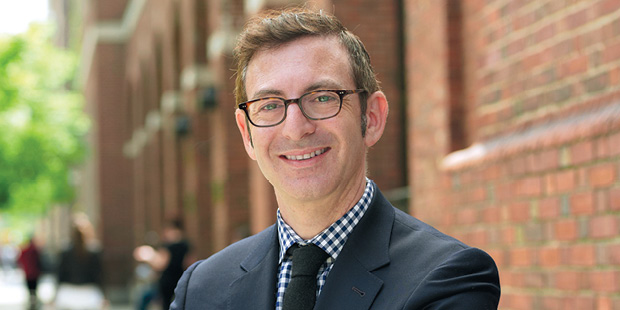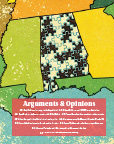Used Bytes for Sale
Printer Friendly VersionOne of the most important principles in the Copyright Act of 1976 is the first-sale doctrine, also known as the exhaustion doctrine, which limits the control the copyright owner has on his or her printed work once it is sold. The buyer of a book, for instance, can resell, lend, donate, and even destroy it, and the owner of the copyright has no right to interfere. Buyers of digital media do not have a regulated way to resell or lend the e-books or songs they own.
Professor of Clinical Law Jason Schultz advocates for applying exhaustion limits to digital media. He sat with staffer Christine Perez to discuss the complex implications of his ideas.
In “Legislating Digital Exhaustion” [co-authored with Aaron Perzanowski, Berkeley Technology Law Journal, 2015], you suggest a transfer of ownership of digital media purchases that would require the seller to delete all of his or her copies. Why? And how could this be enforced? The idea is that there shouldn’t be two copies; there should only be one. If I want to enjoy it again, I have to buy it again.
Let’s make this very practical: I buy a song on iTunes. I want to resell this song and somebody says, “Sure, I’d love to buy that for 79 cents versus 99 cents on iTunes.” We do the transaction and I securely transfer the copies to just this person, and then I delete all of mine. But then a record company decides to sue me. My defense could be, “I no longer have any copies. All I did was transfer this copy for the purpose of effectuating a first sale, or essentially exhaustion.” End of story. So the way it gets enforced, in a sense, is only if you get sued.
Does the current copyright language complicate the issue? The current language of the Copyright Act says, “The owner of the particular copy….” The word “particular” is the problem. But if you say that it’s the owner of a “distinct” copy or an “original” copy or a “single” copy, depending on how you want to phrase it, that basically gets to the point.
It seems consumers should already be able to sell or lend digital media. They should, but the traditional media industries and critics of our proposal are opposed because they worry that digital exhaustion would allow everyone to cheat the system. The reality is, people are already cheating the system. The average teenager can crack a DVD and have thousands of copies made in a day. This happens on college campuses, in corporate workplaces, and among neighbors and friends. People copy media all the time, and there is no enforcement. So we already live in a “free-for-all” world; our proposal offers a legal and legitimate way forward that balances rewards for copyright owners with reasonable consumer rights.
Interview edited and condensed.
—


 Multimedia
Multimedia